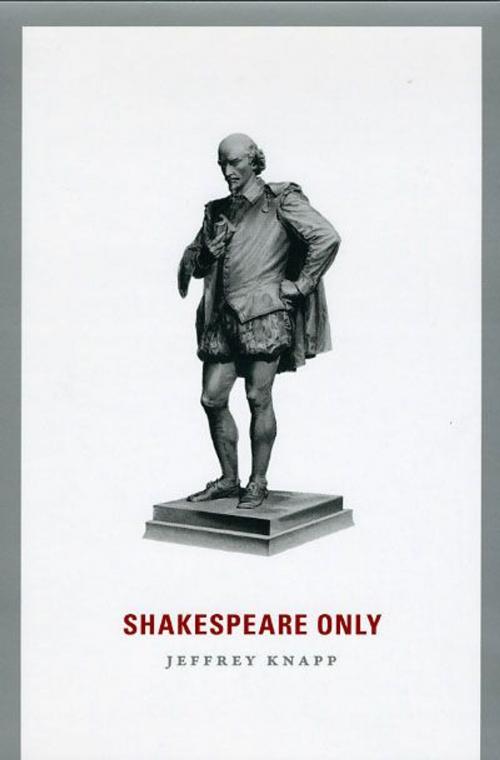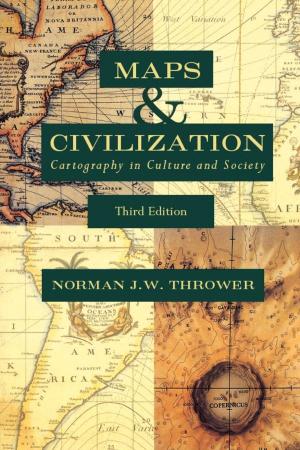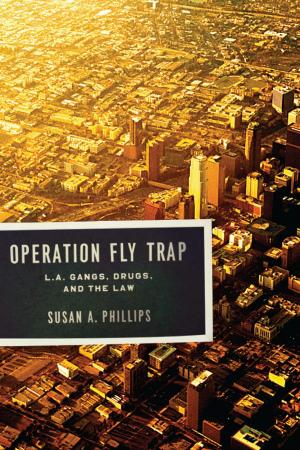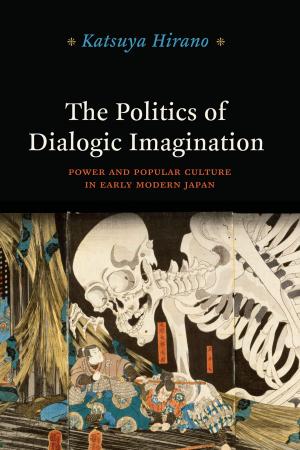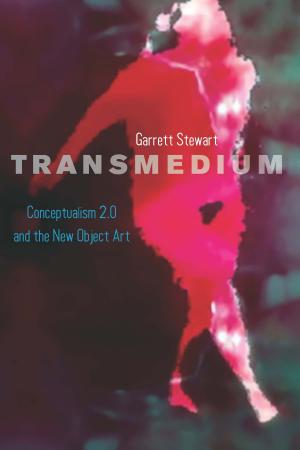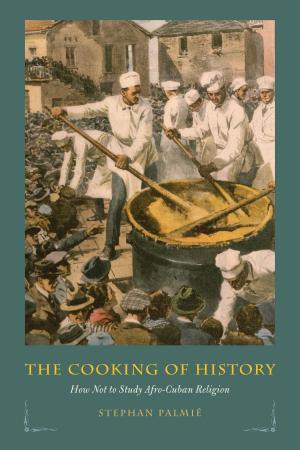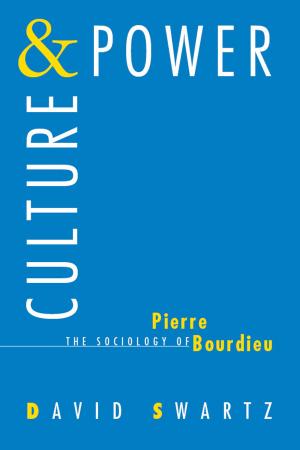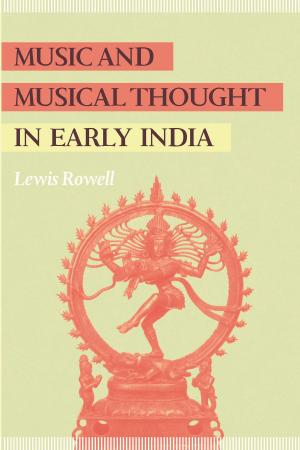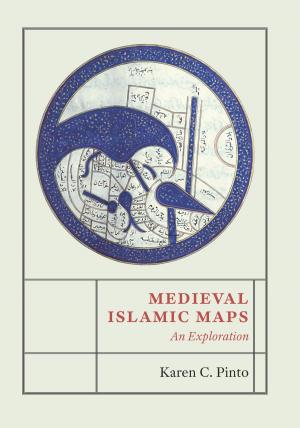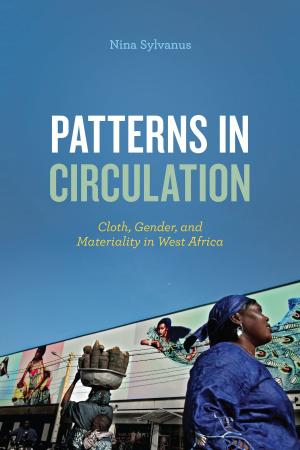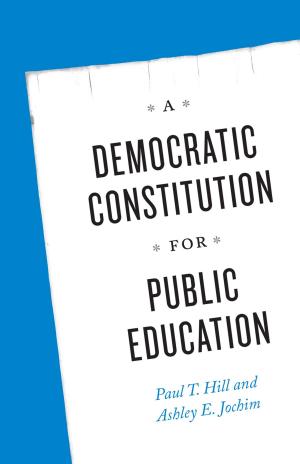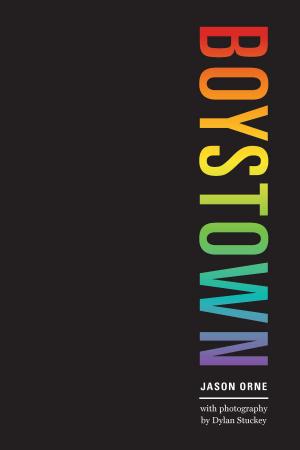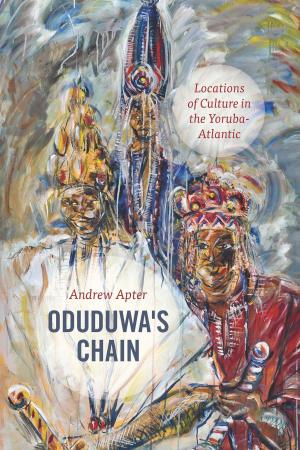| Author: | Jeffrey Knapp | ISBN: | 9780226445731 |
| Publisher: | University of Chicago Press | Publication: | October 15, 2009 |
| Imprint: | University of Chicago Press | Language: | English |
| Author: | Jeffrey Knapp |
| ISBN: | 9780226445731 |
| Publisher: | University of Chicago Press |
| Publication: | October 15, 2009 |
| Imprint: | University of Chicago Press |
| Language: | English |
Three decades of controversy in Shakespeare studies can be summed up in a single question: Was Shakespeare one of a kind? On one side of the debate are the Shakespeare lovers, the bardolatrists, who insist on Shakespeare’s timeless preeminence as an author. On the other side are the theater historians who view modern claims of Shakespeare’s uniqueness as a distortion of his real professional life.
In Shakespeare Only, Knapp draws on an extraordinary array of historical evidence to reconstruct Shakespeare’s authorial identity as Shakespeare and his contemporaries actually understood it. He argues that Shakespeare tried to adapt his own singular talent and ambition to the collaborative enterprise of drama by imagining himself as uniquely embodying the diverse, fractious energies of the popular theater. Rewriting our current histories of authorship as well as Renaissance drama, Shakespeare Only recaptures a sense of the creative force that mass entertainment exerted on Shakespeare and that Shakespeare exerted on mass entertainment.
Three decades of controversy in Shakespeare studies can be summed up in a single question: Was Shakespeare one of a kind? On one side of the debate are the Shakespeare lovers, the bardolatrists, who insist on Shakespeare’s timeless preeminence as an author. On the other side are the theater historians who view modern claims of Shakespeare’s uniqueness as a distortion of his real professional life.
In Shakespeare Only, Knapp draws on an extraordinary array of historical evidence to reconstruct Shakespeare’s authorial identity as Shakespeare and his contemporaries actually understood it. He argues that Shakespeare tried to adapt his own singular talent and ambition to the collaborative enterprise of drama by imagining himself as uniquely embodying the diverse, fractious energies of the popular theater. Rewriting our current histories of authorship as well as Renaissance drama, Shakespeare Only recaptures a sense of the creative force that mass entertainment exerted on Shakespeare and that Shakespeare exerted on mass entertainment.
